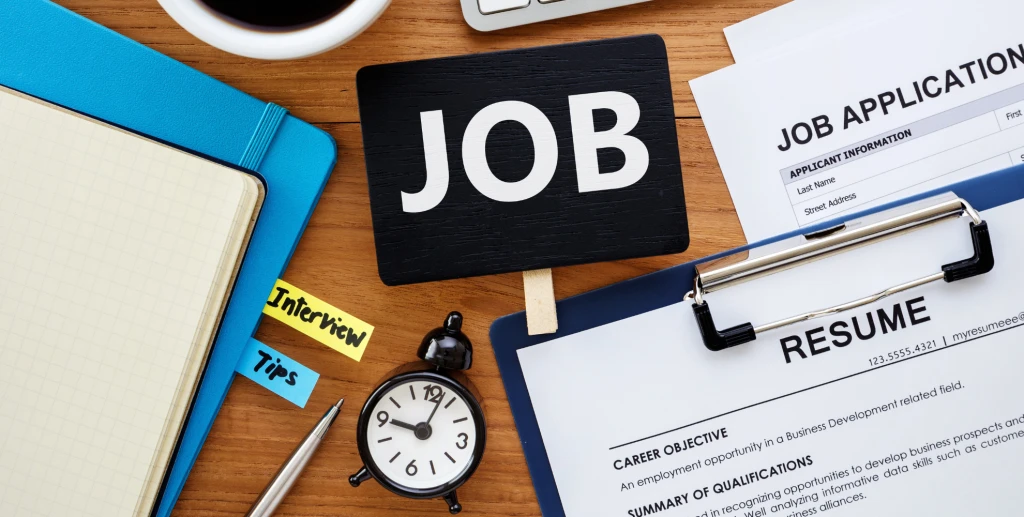Communication is key
Whether you’re an employer or a job seeker, it’s becoming an all-too-familiar scenario. You’ve made contact by email or on the phone, met at interview, discussed the role in detail, and felt that everything was moving in the right direction. And then . . . nothing. Radio silence. The other party has, quite simply, disappeared.
Breaking the Ghosting Cycle: Empathy and Communication Matter
Ghosting has been a common theme in the dating scene for a while. But its gradual creep into the world of work may catch you unawares. Unless, you are the perpetrator, that is. Are you guilty of ghosting? Evidence suggests that ghosting is widespread in the workplace. A 2021 survey of 500 employers and 500 job seekers by employment website Indeed found that 46% of job seekers admitted to ghosting an employer and not turning up to a scheduled interview. More alarming still, 77% of job seekers surveyed said they had been ghosted by an employer.
Reasons for this behaviour vary but it is likely that changing attitudes play a part. Today, we spend a lot of time in a virtual world, bombarded by communication from multiple channels. Add social isolation (compounded by COVID) into the mix and you can understand how people might lose track of ‘normal’ human behaviour. Staying silent has become the easy option. After all, not many of us want to be the bearer of bad news. What employer enjoys telling a job seeker they haven’t been successful in their application? What job seeker wants to tell their new employer they’re not going to turn up for their first day on the job?
Ghosting may also spring from a sense of overwhelm. Online employment sites have resulted in employers receiving a massive volume of applications for certain roles. Unless they have a clever automated response system in place, it’s impractical for them to respond to individual job seekers, let alone provide them with feedback. On the other side, job seekers may have sent out so many applications that they struggle to keep track of what they are doing and when in their job search. That missed interview could in fact be caused by an overloaded schedule. Low unemployment rates may also explain job seeker silence. Australia’s unemployment rate dropped to its lowest in more than 13 years late last year. It’s a job seeker’s market right now.
Whatever the reasons for ghosting, it is deeply unprofessional and can cause upset, confusion and a feeling of rejection. It can also damage individual and company reputations – yes, ghosting may well come back and haunt you later! It can also have financial and human resource implications for employers. Think about that empty chair where the new hire was due to sit.
Instead of ghosting, job seekers who intend to drop out of the recruitment process should have the courage and decency to have an honest conversation with their recruiter. Ideally sooner rather than later, especially if they have a job offer in the bag. Meanwhile, recruiters could consider a more personal approach to recruitment, including:
- Relationship building with active and passive talent
- A comprehensive onboarding experience that starts early
- Constructive feedback for job seekers who make it to interview stage
Jobs are for people. Not ghosts.
If you’d like to speak to a real-life recruitment consultant, contact the team at Optimal Workforce on admin@optimalworkforce.com.au or 02 8077 7030.



